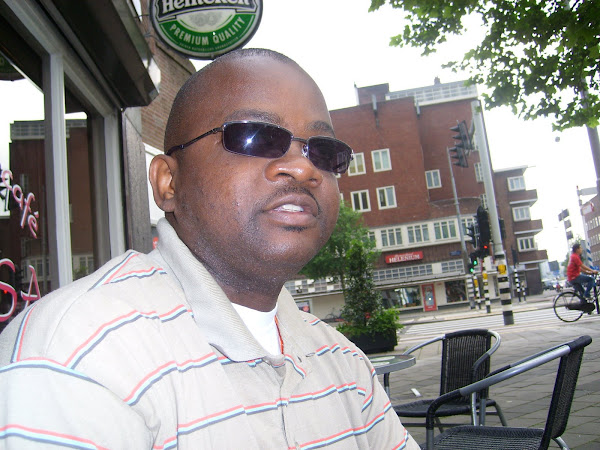
Raul Castro has been in charge for nearly a year
Cuba is holding elections on Sunday to choose more than 15,000 municipal council members.
It is the beginning of a process that will culminate in delegates electing a new National Assembly next March.
These are the first elections since President Fidel Castro temporarily handed over power to his younger brother, Raul, over 14 months ago.
Critics, led by the US and several European Union nations, say the process in the one-party state is undemocratic.
The communist government in Cuba describes its electoral system, which was enshrined in the constitution of 1976, as one of the freest and fairest in the world, where almost anyone can be elected to a municipal council or national assembly seat.
However, critics like the US and the EU, along with dissidents on the island, disagree.
They say the electoral process in Cuba is merely a cosmetic democratic exercise, which has no place for government opponents, as it is fully overseen by the country's ruling Communist Party.
This latest round of municipal elections will see as many as 95% of voters on the Caribbean island turn out.
The poll is given added significance because it is the first since Raul Castro took over as acting president in place of the 81-year-old Fidel at the end of July last year.
Since then, the status quo has reigned in Cuba and there has been no sign that the country's ruling Communist Party has lost any of its hold on power.
This is despite predictions to the contrary from Washington and the leadership of the Cuban exile community in Miami.
But in a sign that it recognises its system is one primarily governed by ageing revolutionaries, the Communist Party has urged young Cubans to stand for seats in the poll in the hope of pumping younger blood into the government's ageing political structure.

No comments:
Post a Comment